In the intricate realm of industrial processes, precision and efficiency stand as paramount pillars for success. When it comes to measuring the flow of crucial substances like edible oils, traditional methods may fall short in delivering the required accuracy. This is where Coriolis Mass Flow Meters step into the spotlight, revolutionizing the landscape of flow measurement technology. Designed with meticulous engineering, these meters provide a cutting-edge solution for industries involved in the production, refining, and distribution of edible oils.
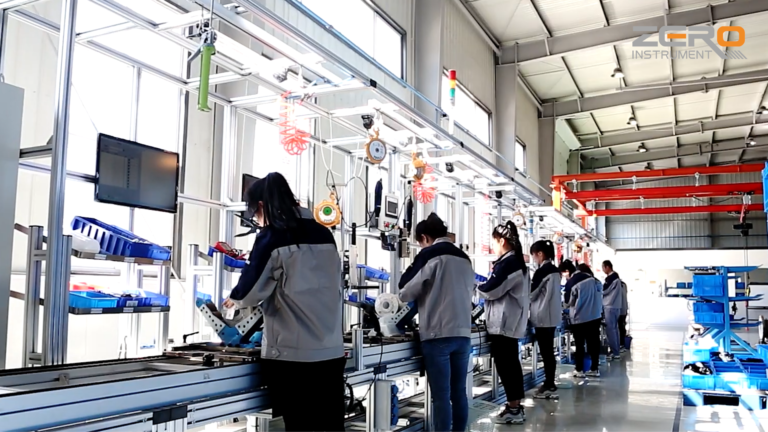
Coriolis Mass Flow Meters operate on the principle of Coriolis force, a phenomenon where the fluid’s mass is used to calculate its flow rate. Unlike conventional methods that rely on volume-based measurements, Coriolis Mass Flow Meters take into account the mass of the fluid, offering a more accurate and reliable measurement.
In this article, we aim to take you on a journey into the fascinating world of Coriolis Mass Flow Meters and their application in the measurement of edible oils. We will examine the fundamental principles that render these meters a crucial instrument in the sectors engaged in the production, refining, and distribution of edible oils. From the mechanics behind Coriolis force to the practical advantages of using these meters for edible oil applications, we will unravel the complexity surrounding this innovative technology. Let’s get started!
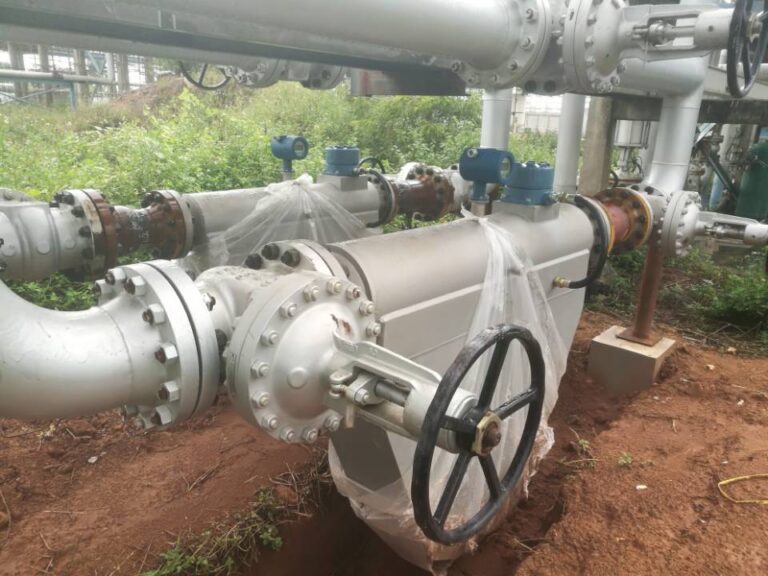
Understanding Coriolis Mass Flow Meters
Coriolis mass flow meters, named after the Coriolis effect, which relates to the rotation of the Earth, are distinguished by their ability to measure mass flow directly. This feature is particularly crucial in the measurement of edible oils, where accuracy and consistency are paramount.
The operation of a Coriolis flow meter is based on the vibration of tubes through which the fluid flows. When the fluid moves through these vibrating tubes, a Coriolis force is exerted, causing a phase shift. This change correlates directly with the mass flow rate, enabling accurate measurement of the fluid in motion.
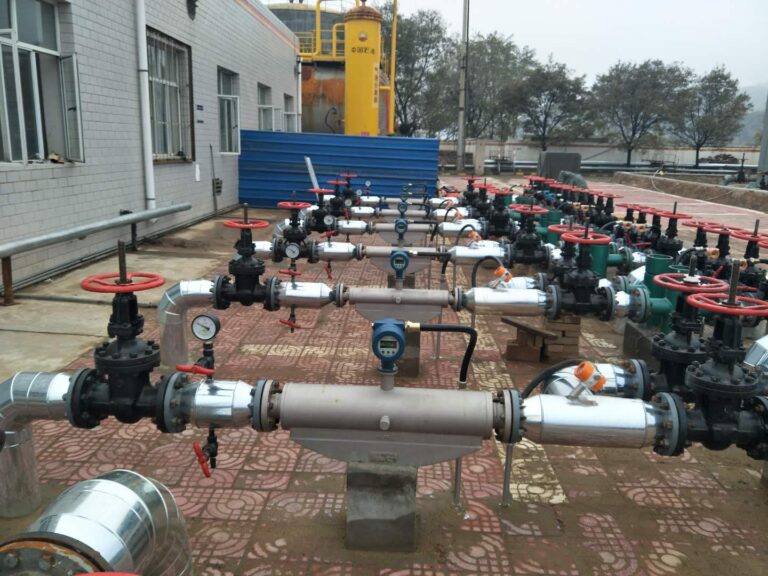
The Role of Coriolis Mass Flow Meters in Edible Oil Measurement
The role of Coriolis Mass Flow Meters in edible oil measurement is undeniably pivotal for ensuring the success of the Edible Oil Industry. This significance is underscored by their unique ability to address specific challenges, ensuring accuracy across various oil types and adapting seamlessly to diverse operational conditions. The adaptability and precision of Coriolis Mass Flow Meters solidify their position as an indispensable tool, playing a crucial role in maintaining the highest standards throughout the entire edible oil production process.
Within the Edible Oil Industry, precision is not just a metric; it is synonymous with quality. The importance of precise flow measurement cannot be overstated in an industry where consistency is the bedrock of product excellence. From the initial stages of blending different oils to the final steps of transportation and packaging, accurate measurement forms the backbone of the entire production chain. It is the cornerstone for achieving and maintaining the desired composition of oil blends, meeting stringent quality control measures, and ultimately fulfilling consumer expectations.
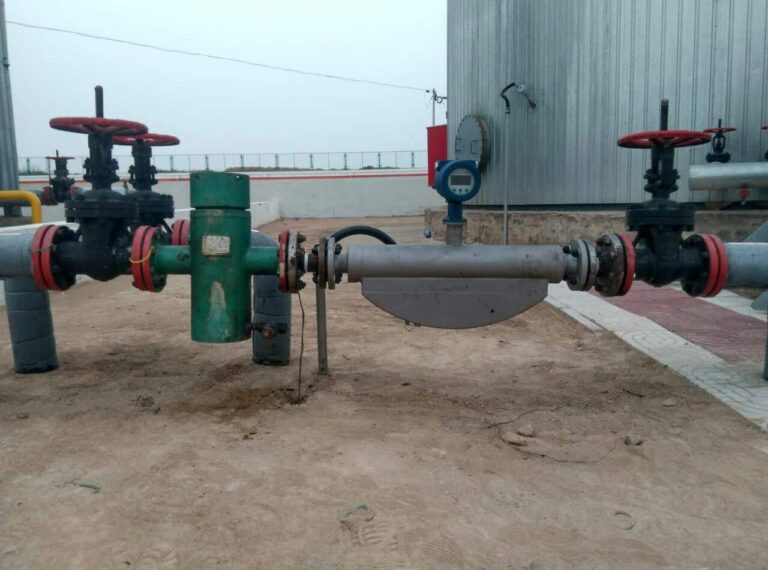
Inaccuracies in flow measurements within the Edible Oil Industry carry substantial consequences. They have the potential to introduce product inconsistencies, posing a direct threat to the reputation of brands. More critically, they jeopardize consumer satisfaction, a factor that holds immense weight in an industry driven by consumer preferences. In this context, the role of Coriolis Mass Flow Meters becomes not just a technological integration but a strategic imperative in safeguarding the integrity of the production process and the reputation of the brands associated with it.
Therefore, the seamless integration of Coriolis Mass Flow Meters into the Edible Oil Industry becomes a narrative of reliability, precision, and quality assurance. Their adaptability to different oil types and operational conditions aligns seamlessly with the industry’s requirements. By mitigating the challenges posed by viscosity variations and temperature fluctuations, Coriolis Mass Flow Meters contribute to the overall consistency that defines success in the Edible Oil Industry.
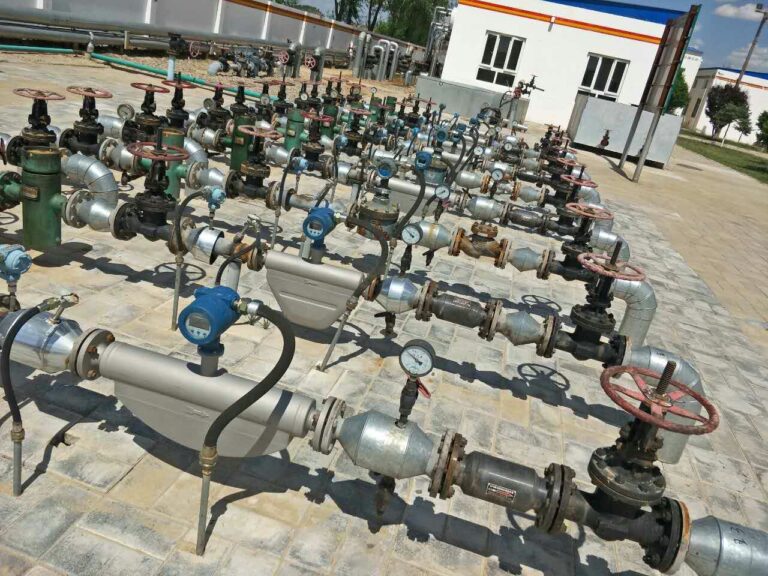
Adaptability of Coriolis Mass Flow Meters to Various Types of Edible Oils
The Edible Oil Industry encompasses a wide array of oils, each with its distinct characteristics. Coriolis Mass Flow Meters showcase remarkable adaptability, catering to the diversity of edible oils such as olive oil, palm oil, soybean oil, and more. Their versatility in handling different viscosities, temperatures, and flow rates makes them suitable for integration into various stages of the production process.
Moreover, Coriolis Mass Flow Meters are not only adaptable to different types of edible oils but also to different operational environments. Whether measuring oils in a refinery, a processing plant, or during transportation, these meters consistently deliver accurate results, offering a comprehensive solution to the industry’s varied needs.
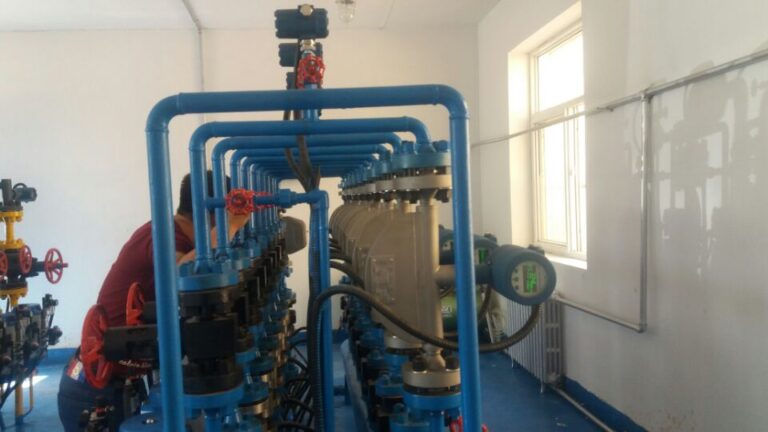
Advantages in Measuring Edible Oils like Palm Kernel Oil With The Coriolis Flow meter
When it comes to gauging the dynamics of edible oils like palm kernel oil (PKO), the Coriolis flow meter emerges with a myriad of advantages including:
Fluid State Suitability
The versatility of the Coriolis flow meter shines in its ability to seamlessly accommodate the diverse fluid states of palm kernel oil (PKO). Operating within a melting point range of 24-28°C (75-82°F), PKO undergoes a transformative shift from a solid, butter-like consistency to a transparent liquid state when the temperature surpasses this threshold.
In its(PKO) solid form, reminiscent of butter or margarine, poses unique challenges for conventional flow measurement methods, particularly in industries where precision is paramount. However, as the temperature rises and breaches the melting point, PKO transitions into a clear liquid, resembling the fluidity of other vegetable oils. This liquid state proves invaluable in a myriad of applications, spanning food processing, culinary endeavors, and various industrial processes.
The Coriolis flow meter’s adeptness in accommodating these fluid state transitions ensures reliable and accurate measurements regardless of PKO’s state, making it an indispensable tool in scenarios where fluid viscosity and consistency play pivotal roles.
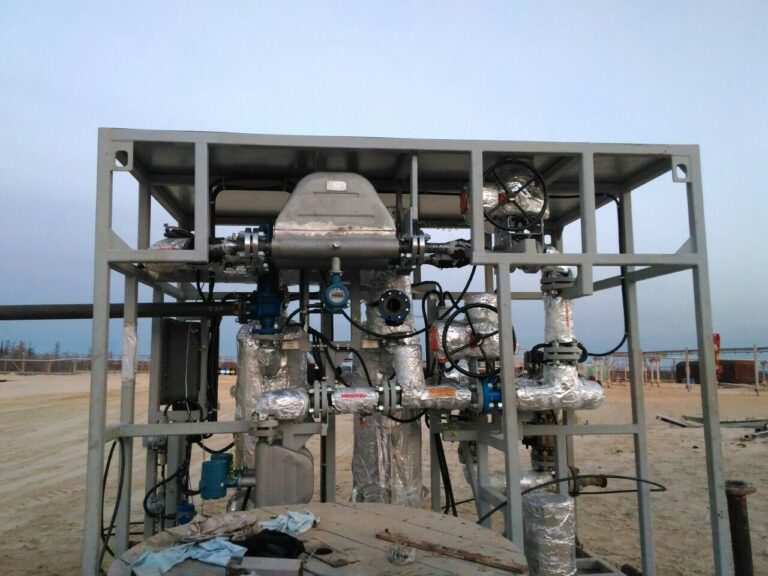
Overcoming Solidification Challenges
Traditional positive displacement and turbine flow meters encounter difficulties when dealing with solidified palm kernel oil (PKO) in colder temperatures. This solidification can lead to issues like damage or blockage due to the presence of movable components inside the flow sensor.
On the other hand, the Coriolis flow meter distinguishes itself by not having any movable components. This unique feature enables it to excel in accurately measuring not only viscous liquids but also those containing solid particles, making it the preferred and ideal choice for handling palm kernel oil. The absence of movable parts eliminates the risk of damage or blockage, offering a reliable solution for measuring PKO, especially in scenarios where solidification is a common challenge.
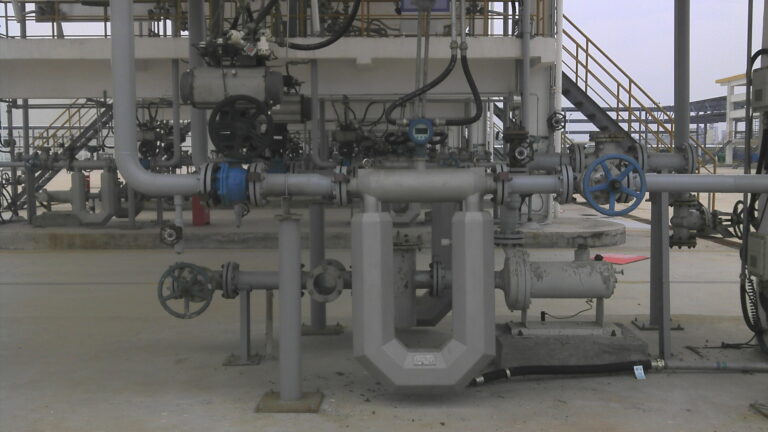
Tailored Viscosity Measurement
Understanding the viscosity of palm kernel oil (PKO), which can vary due to factors like temperature and processing methods, is crucial. At room temperature, PKO viscosity typically falls within the range of 40 to 70 centistokes (cSt).
In situations where precise measurements within the 40~70 Cst oil flow range are essential, the Coriolis flow meter emerges as the optimal solution. Its capability to accommodate and accurately measure the viscosity of PKO in this specific range makes it a standout choice for industries where tailored viscosity measurement is imperative. This adaptability positions the Coriolis flow meter as a reliable and efficient tool for meeting the nuanced viscosity requirements of palm kernel oil in various processing scenarios.
Direct Mass Flow Measurement
Coriolis flow meters take a straightforward approach by directly measuring the mass flow rate. Unlike methods that rely on volume calculations, this direct mass flow measurement proves to be highly valuable when dealing with edible oils like palm kernel oil (PKO). It gracefully handles changes in density caused by temperature variations and shifts in composition. Essentially, by sidestepping the need for complex volume calculations, Coriolis flow meters offer a more direct and accurate means of measuring the flow of PKO in the face of fluctuating conditions.
Unmatched Accuracy
Coriolis mass flow meters redefine precision with an impressive accuracy range of 0.1% to 0.25%, establishing them as the most accurate among all flow meters available. This exceptional accuracy becomes a cornerstone when it comes to measuring the flow of palm kernel oil (PKO), as it seamlessly adapts to the oil’s ever-changing viscosities and densities. The high level of accuracy inherent in Coriolis flow meters assures reliable measurements, making them a reliable choice for industries where precision is non-negotiable, especially in the dynamic realm of palm kernel oil applications.
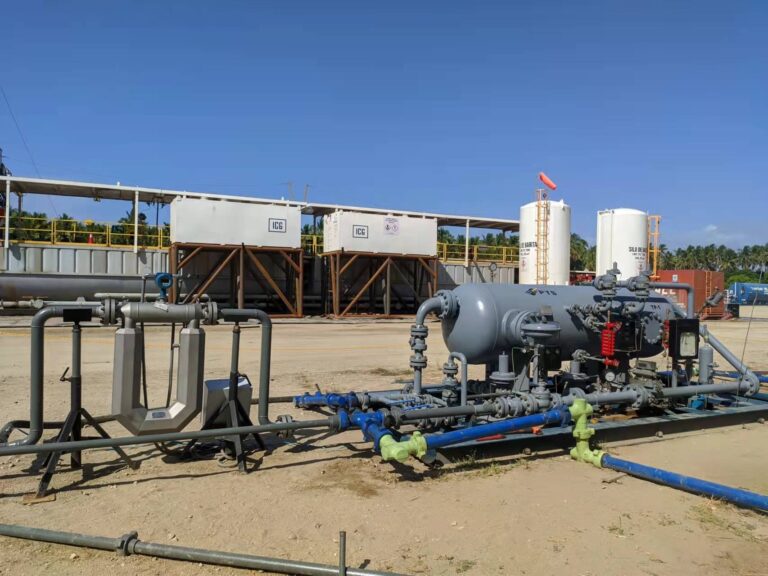
Sanitary Flow Measurement
Coriolis mass flow sensors, meticulously crafted from premium stainless steel 316L, extend beyond traditional methods to uphold impeccable sanitary conditions in flow measurement. These sensors feature refined surfaces crucial for preventing bacterial buildup, ensuring a clean environment throughout the flow measurement process.
Additionally, the incorporation of hygienic fittings and connections further elevates sanitary standards. Choices like tri-clamp, tri-clover, DIN 11851, screw, or aseptic flange are offered, guaranteeing not only the cleanliness of the flow measurement system but also facilitating hygienic installation and maintenance procedures. This dedication to hygienic flow measurement underscores the suitability of the Coriolis flow meter for industries where upholding rigorous hygiene standards is of paramount importance.
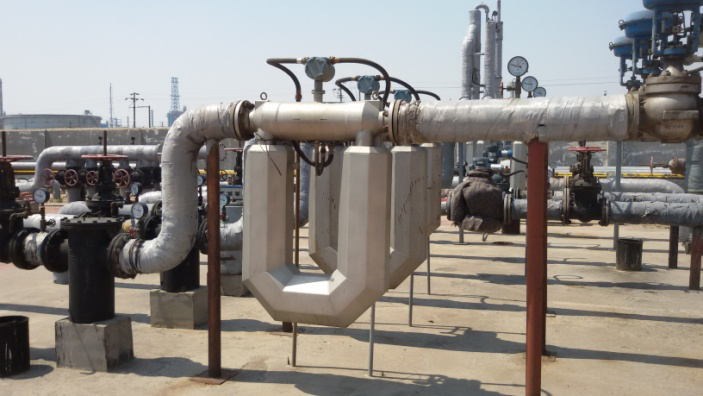
Temperature Control Options
Coriolis flow meters offer temperature control options through the use of trace heating jackets, specifically designed to meet the demands of maintaining palm kernel oil (PKO) at specific temperatures. This feature becomes essential, particularly for countering the solidification of PKO that occurs at room temperature and below.
The trace heating jackets provide a solution by offering precise temperature control. This ensures that the palm kernel oil remains within the desired temperature range, above 25°C, safeguarding against solidification. The result is accurate and reliable flow measurements for palm kernel oil, showcasing how the Coriolis flow meter’s temperature control options play a vital role in optimizing the measurement process, especially in situations where temperature stability is critical.
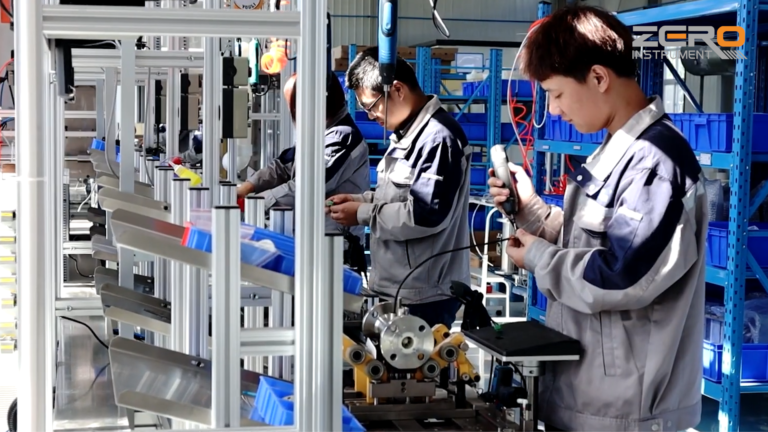
Conclusion
In conclusion, Coriolis Mass Flow Meters stand as a cornerstone in the Edible Oil Industry, epitomizing precision in measurement. Their unique ability to navigate challenges, ensure accuracy across diverse oil types, and adapt to dynamic operational conditions cements their role as indispensable tools. From maintaining blending consistency to safeguarding product integrity during transportation, these meters play a pivotal role in upholding the highest standards in edible oil production. As technology advances, the continued reliance on Coriolis Mass Flow Meters underscores their significance in ensuring efficiency, reliability, and the overall success of the Edible Oil Industry.
